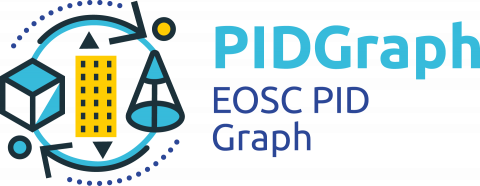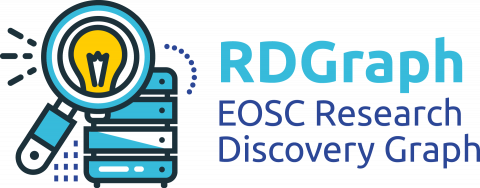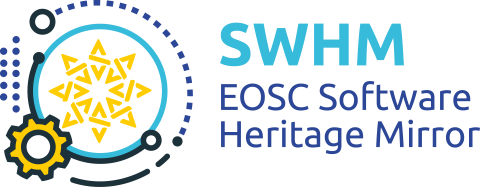EOSC Components

The Compliance Assessment Toolkit will support the EOSC PID policy with services to encode, record, and query compliance with the policy. To do so, a wide range of compliance requirements ( TRUST, FAIR, PID Policy, Reproducibility, GDPR, Licences) will be evaluated as use cases for definition of a conceptual model. At the same time, vocabularies, concepts, and designs are intended to be re-usable for other compliance needs: TRUST, FAIR, POSI, CARE, Data Commons.

The MSCR allows registered users and communities to create, register and version schemas and crosswalks with PIDs. The published content can be searched, browsed and downloaded without restrictions. The MSCR also provides an API to facilitate the transformation of data from one schema to another via registered crosswalks.











